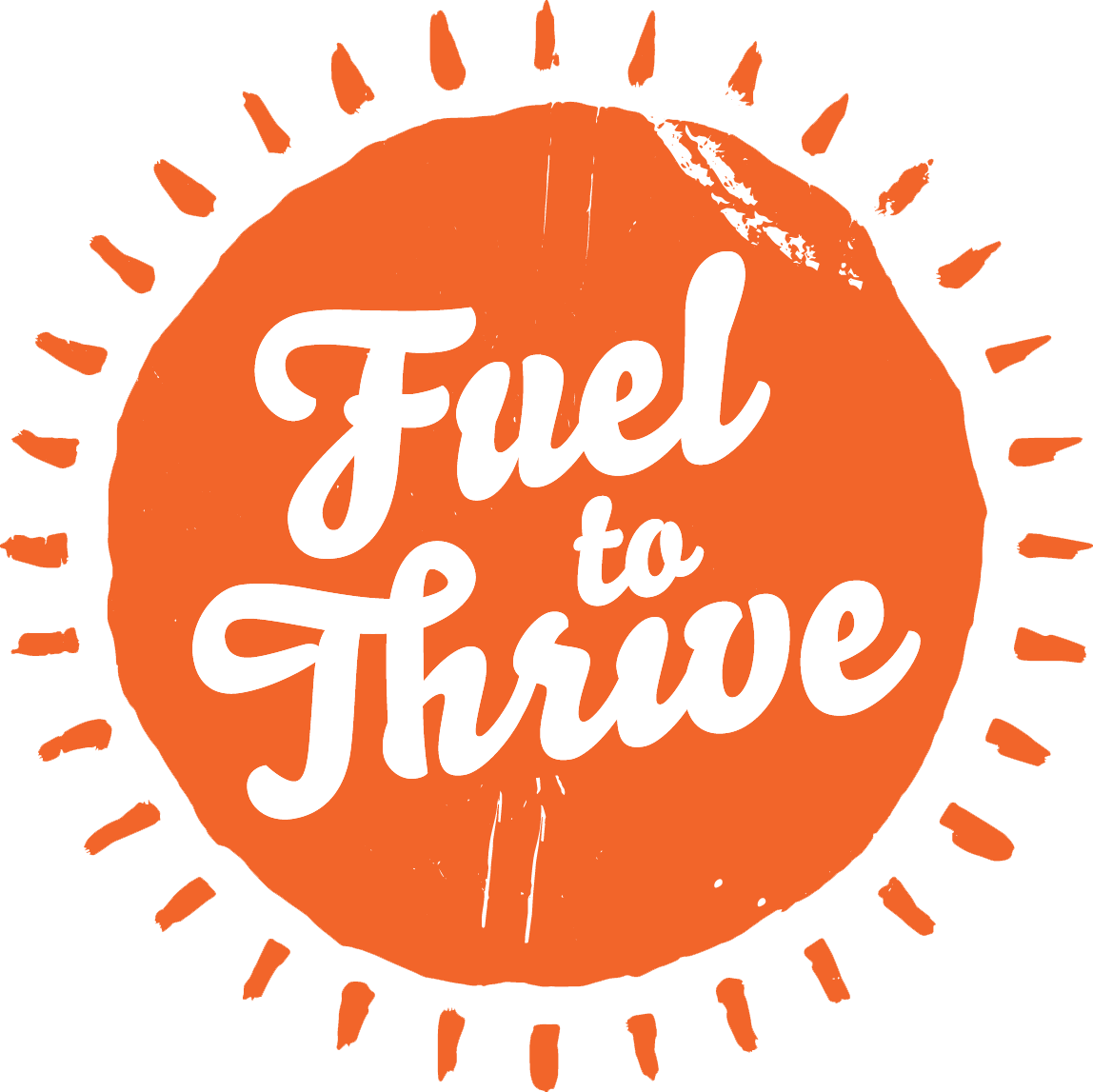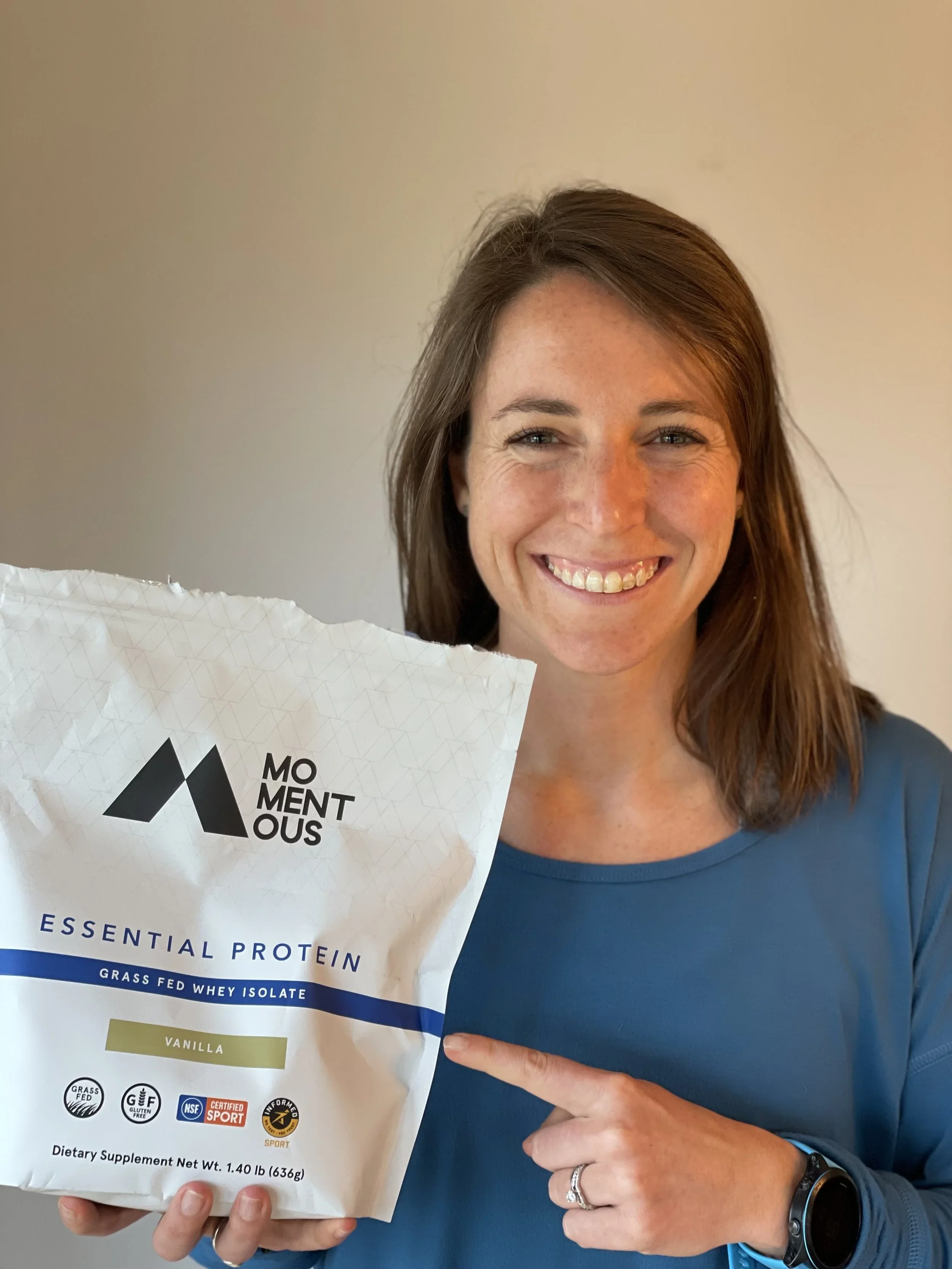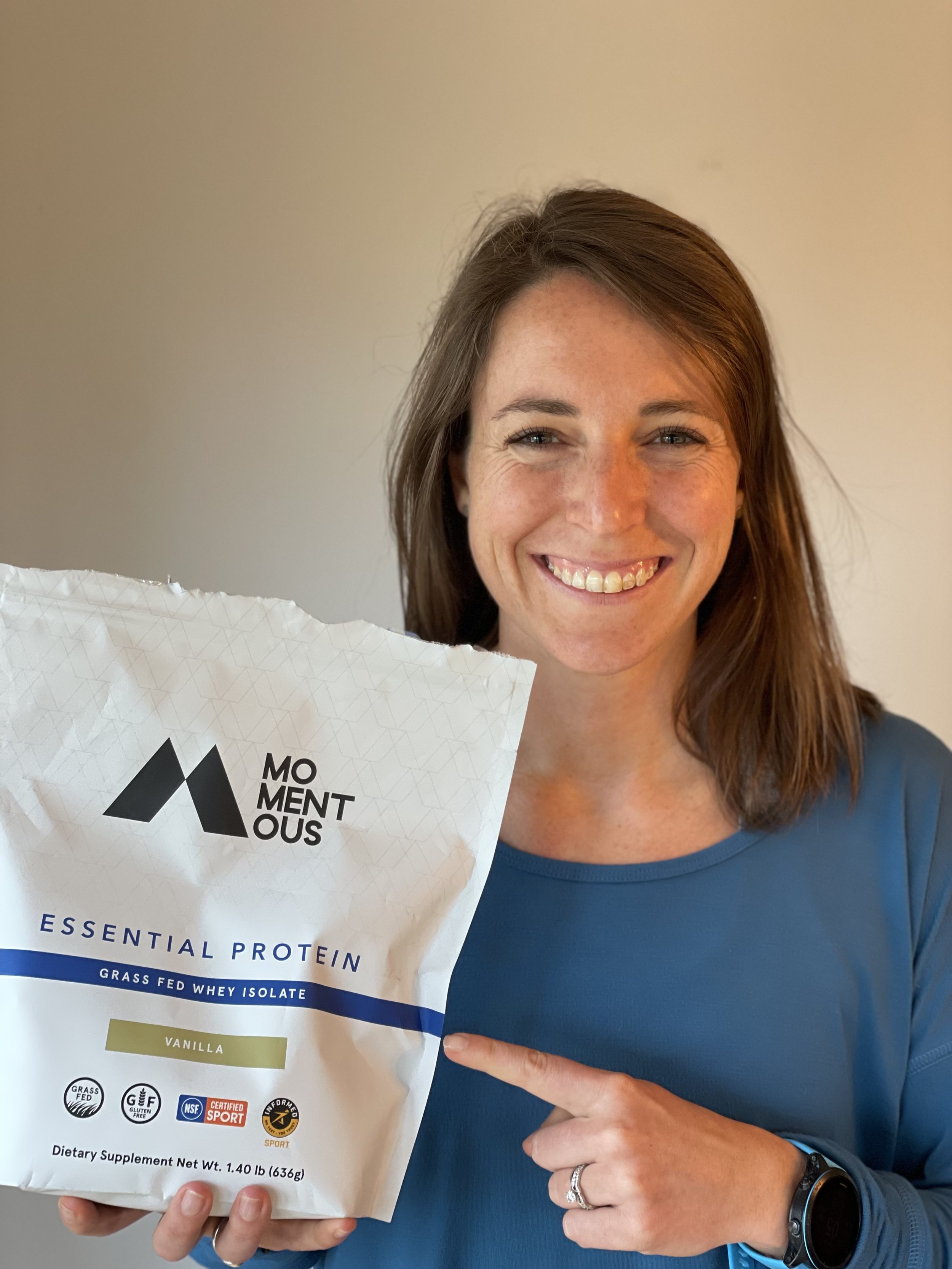The Truth About Protein Powders
I swear I get asked on the daily about protein powders… do I recommend? How much? Which brands? What to look for? So…. Here is your guide to all the questions about protein powder you may have!!!
I even linked some of my favorite brands at the bottom!!
How Important is Protein Powder in Achieving Your Goals?
Too often, people rely on a pill or powder in an attempt to hit a new health or fitness goal, rather than focusing on what matters most: nutrition, progressive overload, sleep, stress, and time management. In reality, a supplement can only provide a slight benefit (less than 5%), even when these other factors are really dialed in. However, there are a few exceptions. A high-quality protein powder is something we do recommend for some.
When Should You Supplement?
We recommend a supplement when a client has a high protein goal that they are struggling to reach. For example, a client who is vegetarian might have a hard time getting enough plant-based proteins in. Maybe a busy athlete needs a quick and convenient protein source to support recovery. Even those looking to lose weight can have higher protein goals, and a protein supplement makes that goal attainable. Sometimes, having just one or two extra servings of protein daily can make things significantly easier.
ABOUT US: SPOKANE NUTRITIONISTS
We are a group of registered Spokane dietitians and personal trainers who have a passion for helping you feel in control of your health.
We work mainly with athletes, those with chronic GI conditions, and women in perimenopause and menopause. We create customized nutrition plans to empower and educate you in your health journey.
What Should I Look For?
When choosing a protein supplement, there are a few key things to look for to make sure you are getting a high-quality, effective, affordable source of protein.
Amount of Protein
You want at least 20 grams of protein in a single serving, and the serving size should ideally be 1 scoop. By maximizing the protein content and minimizing the serving size, the protein powder will be convenient, easier to track, and likely more affordable.
Source
Not all protein sources are created equal. Some proteins are better utilized in our bodies than others, so even if the label says “20g of Protein”, you might not be using it completely. Whey and Casein proteins are the most ideal. If you are dairy-free, Soy protein is a very good option for you. If you are looking for a vegan powder, look for one that has a combination of proteins, such as rice, pea, hemp, potato, etc. (having 3 or more sources is ideal).
Leucine
Now that you have chosen a good source of protein, you can then consider the Leucine content of it. Protein is made up of amino acids, and Leucine is one that plays a very important role in building muscle. Research shows that having 2-3g of Leucine with each serving of protein maximizes the effect that protein has on the muscles. Generally, a balanced meal of lean protein, carbohydrates, and vegetables, will have that Leucine content. But for protein supplements, making sure it has the right amount of Leucine, if available, is recommended.
Other Nutrition Facts
Your protein supplement shouldn’t have a bunch of unnecessary carbohydrates, fat, and calories. Those are best obtained through more whole-food sources. Avoid a supplement that has more than 5g of carbohydrates or 3g of fat. Save those for your meals!
Cost/Value
Don’t assume that because a protein powder is the most expensive on the shelf, that it is of superior quality. Do some research to find a protein powder that fits your budget, but also has the other factors listed in this blog.
Recommended Brands
Look for a supplement that is third-party tested to ensure you are getting what you pay for and nothing potentially harmful or allergenic. The gold-standard is NSF and Informed Choice. Look for these logos:
A few brands we recommend:
Not Sure If You Should Be Supplementing?
Reach out to one of our dietitians to see if a protein supplement might be right for you in helping you hit your health or fitness goals!
My Favorite Products as a Dietician
Guys! I have been wanting to do this forever and am very excited to finally be doing it! I wanted to make a page that you can land on to find products that I recommend frequently (and use myself too!) Check it out!!!
ABOUT US: SPOKANE NUTRITIONISTS
We are a group of registered Spokane dietitians and personal trainers who have a passion for helping you feel in control of your health.
We work mainly with athletes, those with chronic GI conditions, and women in perimenopause and menopause. We create customized nutrition plans to empower and educate you in your health journey.
Food:
SNACKS:
PB2: Add to yogurt, smoothies, pancakes… anything really!
RXBar Nut Butters: These are great traveling snacks!
RXBar Oatmeal: Find out how I use these here
Whole Grain Triscuits: My go-to cracker!
BARS:
WORKOUT NUTRITION
Gogo Squeeze Applesauce: Great pre-workout and/or during workout.
Fig Bars Great pre-workout and/or during workout.
Graham Crackers Great pre-workout and/or during workout.
Lyte Balance Electrolytes Everyday hydration
Skratch Labs Hydration (strawberry lemonade): Shorter workout hydration
UCAN: Great for workouts lasting longer than 60 min
Hammer Perpetuem (Cafe Latte): Great for workouts lasting longer than 60 min
Hammer Endurolytes Fizz: Great for post workout hydration
GU Gels: Great for workouts lasting longer than 60 min
Science in Sport Gels: Great for workouts lasting longer than 60 min
Clif Bars: Great for workouts lasting longer than 60 min
Fuel for Fire: Quick post workout snack
Noka Smoothie: Quick post workout snack
COOKING to add flavor:
Spiceology Spice Mixes (any of them)
Trader Joes Green Goddess or Carrot Ginger Miso Dressing
Salsa (always)
more to come….







